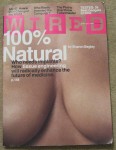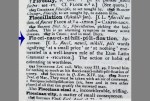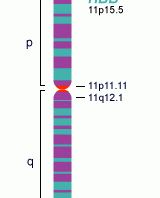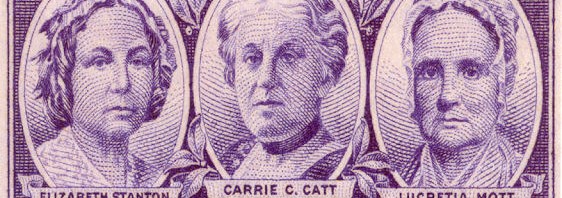Science Takes a Double Hit in the Press, Maybe
In his latest New Yorker piece The Truth Wears Off, Jonah Lehrer directs our attention to the lack of reproducibility of results in scientific research. The problem is pervasive, he says: …now all sorts of well-established, multiply confirmed finding have started to look increasingly uncertain. It’s as if our facts were losing their truth: claims […]








